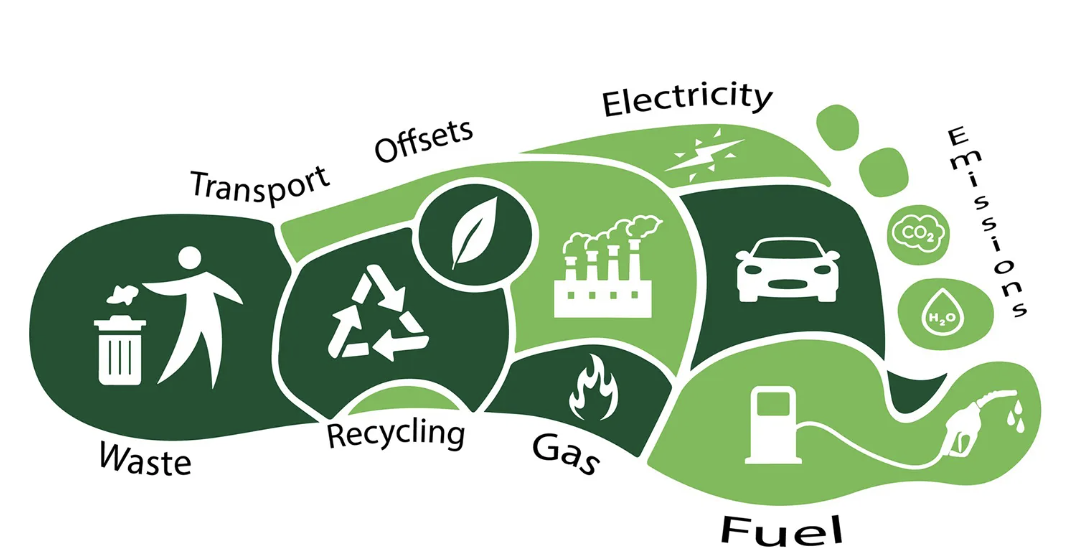By Ruya, Year 10
Chat GPT may save you time but did you know that every response comes with an environmental price? Are we trading convenience for ecological ruination? Running AI systems like Chat GPT demands large data centers which require nearly as much power as entire cities. This is detrimental for our planet, and for us.
Although Chat GPT has been beneficial in various ways such as efficiency, innovation and accessibility, there are numerous issues with the industry, including invasion of privacy, tax avoidance, but also grave environmental consequences. According to planbe.eco , Chat GPT produces about 8.4 tons of carbon dioxide per year, which would take approximately around 400 trees a year to fully absorb.
Training programmes use up large amounts of energy which they convert into heat energy, requiring a significant quantity of water used to cool down and control the temperature of the complex machinery. According to the Guardian , about 700,000 litres of water has been used to cool the machines that trained ChatGPT-3 at Microsoft’s data facilities and, this amount of water is only used to train AI. Now let’s look at how much water is used when Chat GPT is asked to write your English essays, or explain your chemistry homework, or answer the questions on your worksheet. According to Earth.org., for a simple conversation of 20-50 questions, the water consumed is equivalent to 0.5 litres of water, which is a pretty high amount considering that 2 billion people (26% of the population) lack safe drinking water.
Expanding data centers
Google and Meta are working on a new AI SuperCluster (RSC) potentially leading to an expanding rate of greenhouse gas emissions. The irony in this situation is that while large companies try to avoid consumption of fossil fuels, they tend to build their data centers in countries with cheaper electricity, for instance, in South America, which can cause even more water shortages in those dry regions. These facilities increase energy consumption.
What can be done?
Nowadays, this new generated technology has allowed our brains to become lazy and has completely exploited our attention span. Many even find it difficult to do simple tasks without the use of AI. In other words, it has become an addiction, and it’s important to learn how to overcome this issue in regards to our future. The next time you are tempted to use Chat GPT:
- Don’t use it for research. Conduct your research on various websites for more accurate information. Remember that Chat GPT can make mistakes and every request consumes 10 times more energy than a search on Google.
- Don’t use generic prompts. Generic prompts will lead Chat GPT into answering more broadly and inaccurately. Instead try putting all your information/requirements in one question.
- Don’t chat with GPT for no reason (this should be obvious but many people do it for fun).
- Don’t use `New Chats`. Stay on the same page when asking questions.
- Don’t depend on its creativity, instead use your own abilities and imagination. It is extremely important that you are constantly exercising your brain and using your critical thinking skills, as these are tools you need to navigate through life. By excessively using Chat GPT, you risk becoming dependent and losing your creativity and capacity for deep thinking. Be careful!
Sources:
https://ww.namepepper.com/chatgpt-users
https://blog.invgate.com/chatgpt-statistics
https://www.businessofapps.com/data/chatgpt-statistics
https://www.linkedin.com/pulse/7-ways-how-use-chatgpt-what-do-instead-dejan-davcevski-9hxvf
https://www.wired.com/story/big-tech-data-centers-cheap-energy



